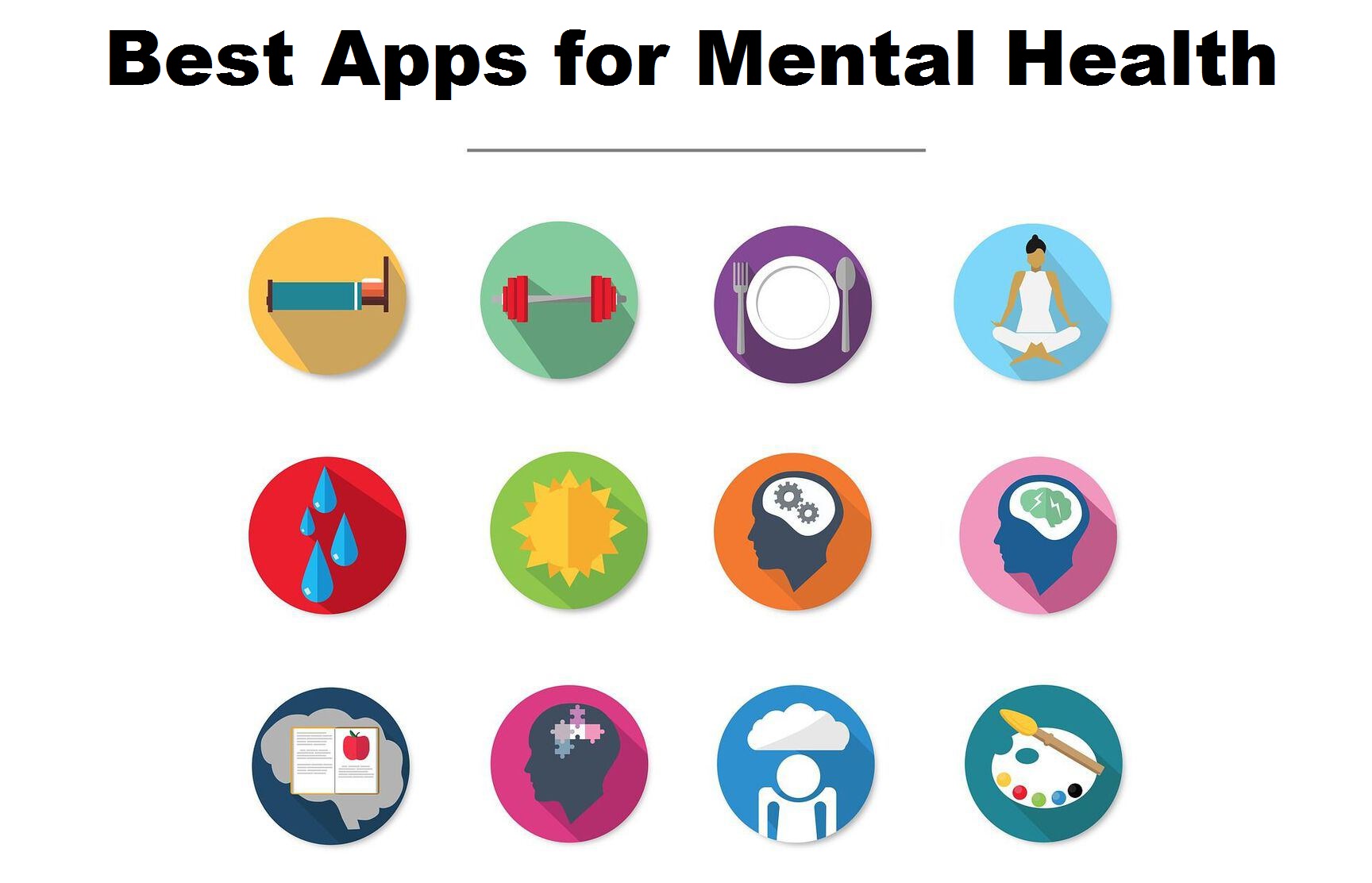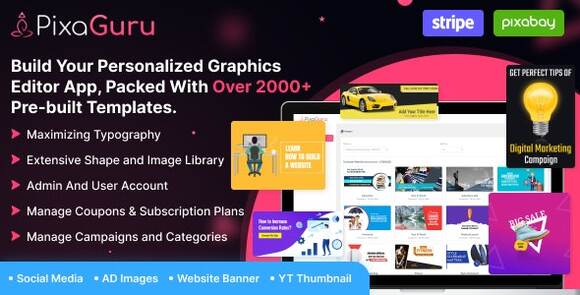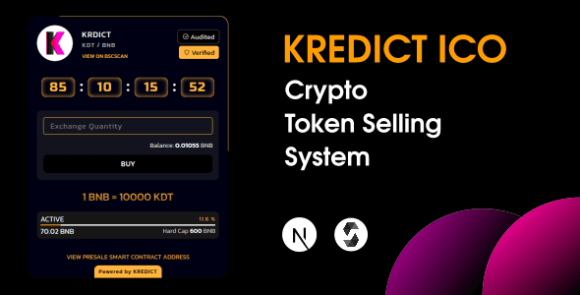#Best Apps for Mental Health

Table of Contents
Best Apps for Mental Health
It’s difficult to form new habits. It’s often challenging to remember the things you need to do for your health along with everything else on your busy schedule. Sometimes monitoring and tracking your mental health is difficult. Apps make it easier and sometimes more fun.
Mental health apps are becoming so mainstream that they’re appearing in research journals. Clinicians are watching the privacy and security levels of many apps that look promising for treatment purposes. Consumers with and without diagnosed mental health conditions are downloading them every day for personal use.
In 2020, there were an estimated 259,000 mental health apps on the market. That makes it difficult to find the ones most helpful for you, but this quick roundup of the best apps available today will help. They’re separated into categories to make it easier to find exactly what you need.
Best Mental Health Crisis App
notOK
Everyone should have a panic button that immediately notifies trusted loved ones or medical providers when a crisis is occurring. That’s what you get with the notOK app. It provides a digital panic button on your phone that sends help when you know you’re not okay.
The app is easy to set up by adding contact information for trusted people who would come to your aid during a panic attack, in the midst of suicidal thoughts, or during any other mental health crisis. When you hit the button, notification is automatically sent to each of those designated contacts. That notification includes your exact GPS location.
The app will also tell you when help is on the way. It also makes it easy to access help through a crisis support line when needed.
Pros:
- Available for Android and Apple devices
- Makes asking for help fast and easy
- Simple to set up
- Easy to use
- GPS tells contacts exactly where to find the user
Cons:
- Emergency alert messages are only sent to mobile devices
- Limited number of allowed emergency contacts
Best Therapy Mental Health App
Talkspace
Talkspace connects patients with licensed therapists and psychiatrists by phone, text message, or video conference. Online therapy sessions are available for patients of all ages and with a wide variety of mental health concerns. Specialized care is provided for teenagers aged 13 to 17 and couples. Psychiatry services include evaluations and management of medications.
This app ensures mental healthcare is available around the clock. Patients can message their therapists 24/7. They may not receive an immediate response, but it’s comforting to instantly release negative thoughts and concerns to a trained, trusted professional. For many, the act of writing a message about their problem is enough to relieve anxiety and improve state-of-mind in the moment.
Scheduled appointments are also available to provide immediate feedback and response. Talkspace can now bill some insurance plans, or patients can pay for their sessions out of pocket. Users select between three plan options, ranging from unlimited text and video therapy with on live sessions to plans with up to four live sessions each month.
Pros:
- 24/7 availability
- Licensed therapists
- Psychiatry is included
- Specialized care for teens
- Some insurance plans are accepted
- Recurring payments are easy to cancel
- Accessible on computers, tablets, and mobile phones
Cons:
- Price may prohibit some from seeking or continuing care
- Responses aren’t immediate for text therapy
- Therapists are available for responses only five days a week
Best Apps for Addictions & Eating Disorders
Quitzilla: Sobriety Counter & Bad Habits
Quitzilla is a fun app that greets every user with a motivational quote at the start of each day. It’s primarily a counter that allows users to track the number of days since they quit an addictive habit. Each user inputs their own data, so you can use it to quit everything from alcohol and drugs to sugar, cigarettes, and fast food.
In addition to counting down the days without addictive behaviors, the app provides space to journal your motivations for quitting. You receive trophies for major milestones and can see how much money you’ve saved by stepping away from your addiction.
While Quitzilla isn’t a replacement for professional addiction treatment programs, it’s a fun way to stay motivated after rehab.
Pros:
- Available for Apple and Android devices
- Easy to use
- Works for any addiction
- Free with ads
Cons:
- Some users continue to see ads after paying the upgrade fee
Recovery Record
Recovery Record is an eating disorder food diary that provides apps for clinicians and patients. When a patient fills out the food diary, the information is connected to the clinician’s app, making it easy for psychologists, therapists, dietitians, and other clinicians to track a patient’s daily progress. Clinicians can also message patients through the app.
The app also makes meal planning easy, keeping all dietary records and plans in one convenient place. There are some personalization features that make logging food intake faster and more rewarding. There’s also a place to log feelings surrounding each meal.
Clinician connections aren’t required to use this free mental health app. It’s also suitable for personal tracking.
Pros:
- More discreet than book-based food diaries
- Available for Apple and Android devices
- Connects clinicians and patients in real time
Cons:
- Some actions are repetitive
Best Apps to Manage or Improve Mental Health
Calm
If you’re going to pay for an app with the goal of improving your sleep habits, reducing stress, or relieving anxiety, Calm is one of the best picks. It combines a variety of calming, relaxing features in one convenient place. The following features are beneficial to managing your mental health:
- Guided meditation sessions
- Calming music to improve focus or sleep
- Audio masterclasses by world-renowned experts
- Nature scenes and sounds for relaxation, focus, and sleep
- Guidance for mindful movement and gentle stretching
Sleep and relaxation are critical for anyone managing a mental health condition or recovering from addiction. The Calm app is one of the easiest ways to improve sleep patterns and overcome anxiety.
The cost is $12.99 per month. A free trial is available.
Pros:
- Top rated in the app stores
- Available for Apple and Android devices
- A variety of features in one app
Cons:
- Some users find the cost prohibitive
iBreathe – Relax and Breathe
Deep breathing is one of the most effective ways to reduce anxiety and relax physically and mentally. It’s often taught by therapists and is now easier than ever with the iBreathe app.
It doesn’t come with a lot of features. It does one thing, and that’s guide the user through deep breathing exercises. Simple words appear on the screen for direction, including “inhale,” “hold,” and “exhale.”
This is a free mental health app unless you choose to pay $1.99 to eliminate intrusive ads.
Pros:
- Free with ads
- Simple to use
- Effective for calming the mind and body
Cons:
- Only available for Apple devices
Working with Mental Health Apps
If you work with a psychologist or another medical professional for a diagnosed mental health condition, it’s important to inform them of the mental health apps you use. They can help you maximize use of the app so that you get the most out of it. They may also hold you accountable to using the app consistently.
If you don’t have a diagnosed mental health condition, use the apps that help you protect and improve your health in the most rewarding way. The great thing about apps is they’re just as easy to uninstall as they are to download. You can try one today and let it go tomorrow if it doesn’t meet your needs.
Please note: There is currently no app that is FDA approved for treatment of any medical or mental health condition. Also there is no evidence to suggest that one app may be better than the other (as this whole science of mobile health is fairly new). Many apps are also not HIPAA compliant and your data may be shared to third party sites or used for research purposes. While we don’t discourage use of these apps for your wellbeing, we must inform you to stay informed and read the respective app’s privacy policies- so that you can make your own informed decisions before using and entering your personal health related information onto them.
Sources
scirp.org – Mental Health Apps: Innovations, Risks and Ethical Considerations
ncbi.nlm.nih.gov – State of the Field of Mental Health Apps
talkspace.com – Talkspace
apps.apple.com – iBreathe – Relax and Breathe
Play.google.com – Quitzilla – Sobriety Counter & Bad Habits
recoveryrecord.com – Recovery Record
notokapp.com – notOK app
calm.com – Calm app
by Dr. Jayasudha Gude
If you liked the article, do not forget to share it with your friends. Follow us on Google News too, click on the star and choose us from your favorites.
For forums sites go to Forum.BuradaBiliyorum.Com
If you want to read more like this article, you can visit our Download Scripts & Themes & Apps category.




